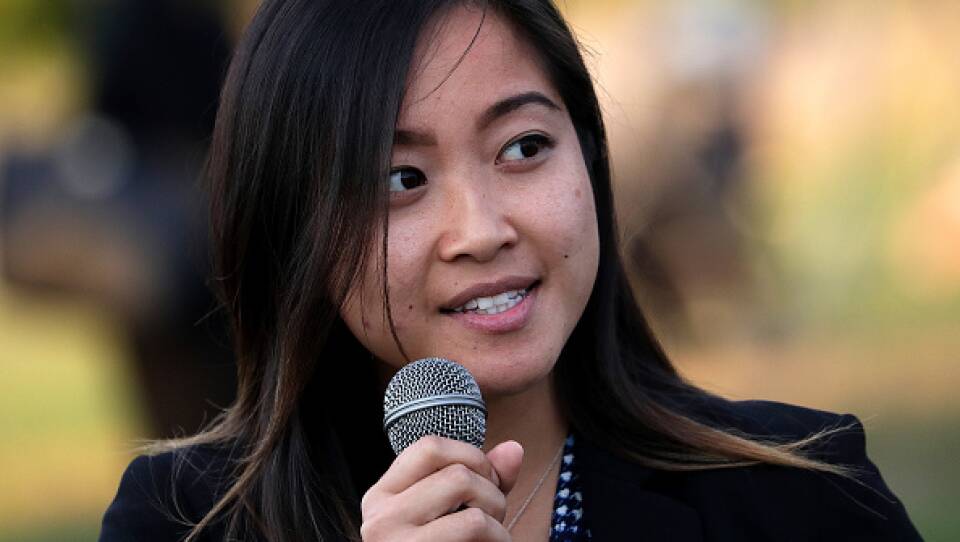From city council seats to the mayor's office, Asian Americans are gaining influence and representation in Massachusetts politics across the board.
Nina Liang was born and raised in Quincy and now serves as Quincy’s first Chinese-American city councilor.
“When it came time for college, I wanted to hightail it out of there [Quincy]. I couldn't get away fast enough. And so, [I] went to school in New York," said Liang. After she graduated in 2010, she was unable to find a job and returned to Quincy to work at her family's business in restaurants. It was then she began cultivating a strong sense of community.
“The success of the business really was because of the community, right? They literally came in and became patrons and kept our lights on," she said. "And so I dove into the philanthropic arm of the family business and loved every piece of it.”
When Liang overheard talks of redevelopment happening in downtown Quincy without being included in the conversation, she became frustrated and could only imagine what others in her city felt. That was the pivotal moment when she decided to run for city council despite having zero political experience.
“I was very lucky to be surrounded by very, very brilliant people in this space who took a risk on me," she said. "And here I am eight years later.”
In 2021, Coco Alinsug, ran for a city council seat in Lynn and won. He was the first Filipino elected to a city council seat in New England.
“I was 25-years-old when I came to America,” said Alinsug. “But I remember the time when I left the Philippines, my dad was very teary-eyed because I come from a family of politicians [in the Philippines]. My dad was vice-mayor, grandma was a city councilor, great grandfather [was] city councilor... and all of my dad's children migrated to the U.S., so none of his children will basically continue that tradition.”
So when Alinsug ran and won the election in Lynn, the first thing he did was call his family.
“I said, 'listen, I continued the family tradition halfway around the world!'" he said. Alinsug moved to Lynn 20 years ago and became very active within the community, putting him on the path to where he is now.
"I was also the first out LGBT councilor here in Lynn, so it was a tough campaign," he said. "But I proved to a lot of people that everything's possible if you are just true and honest to yourself.”
Roughly 7.5% of the population in Massachusetts is Asian and roughly 3% of state elected officials are Asian. In Quincy,30.8% of the population is Asian American.
As the first Chinese American city councilor in Quincy and beginning this career in 2015, Liang said she is aware of her influential position.
More Local News
“You want to always be mindful to take every opportunity to give out what you learn, to encourage others to come up after you right? And let them know that they have every right to be here just as much as I do,” she said.
In Alinsug’s case, his identity as an immigrant is momentous in Lynn which is41.8% Latino.
“[Being first] is a big responsibility, but it's an honor for me to be the first for a lot of reasons," he said. "I come from a city of immigrants. Majority of our population come from different countries. Our main public schools have probably 60 languages spoken. So for our residents to see somebody that looks like them or somebody that is an immigrant, it's just an amazing, amazing experience.”
On Boston Public Radio, Liang and Alinsug recognized the ongoing efforts that are needed to continue progress, as well as the significant achievements in AAPI political representation that have already been made.
“One of the really important stories I have is when a lady will say ‘I've lived here for 20 years, I'm so afraid to talk to politicians. But seeing you and walking around the streets, and talking to you felt so comfortable,’” Alinsug shared.








